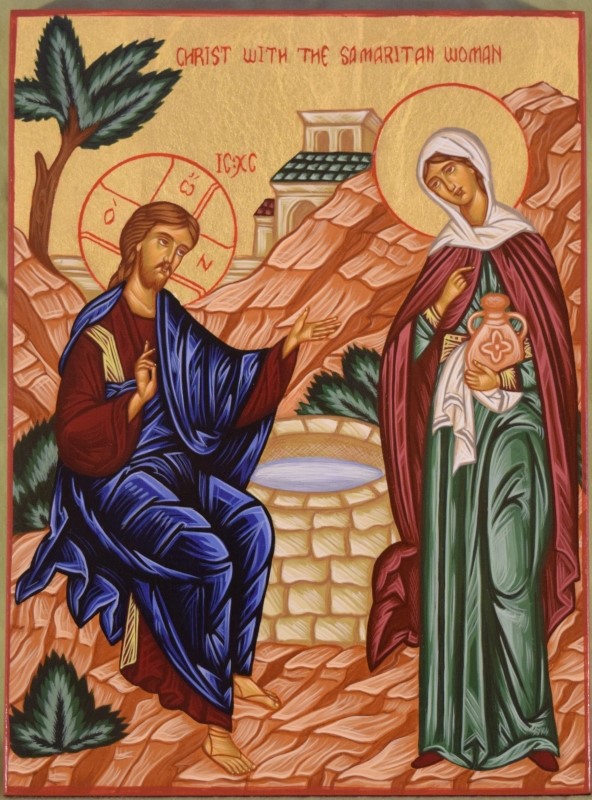Corrado Gnerre
The Christian proclamation has become too flat on social and earthly issues. This seems to me a great betrayal of the Gospel. What do you think about it?
Dear …, you have hit the mark. For many Christians today, the real problems present in the world are: war, terrorism, hunger and social injustice. They are all serious problems, surely! But are they really the most serious problems? Perhaps, in this regard, a little review of the catechism would not hurt. God did not come into the world to eliminate war and terrorism, or to offer a sandwich to everyone by solving the problems of hunger and social justice, but to bring salvation with a capital “S.”
Of course, Christians must also alleviate these problems and strive to build a better world where all these problems can be reduced as much as possible. First of all they must be bearers of that salvation which the incarnate God won for us by his suffering and death.
Dear …, the Christian must be convinced that the greatest problem is sin, and that this is the cause of all other problems: war, injustice etc. He must also be convinced that the greatest misfortune is to lose Heaven. Yet today, these things are no longer said; and confusion reigns supreme.
But why are they no longer said? Because of at least two false beliefs that have characterized and continue to characterize contemporary theology. First: the belief that the Incarnation would be a saving event regardless of individual choice. Second: the belief that history is not only the “place” of Revelation, but also Revelation.
We will simplify it further.
The first conviction says that the Word, incarnating, would not only redeem the world, but would automatically save all men. These men, regardless of the exercise of their will and freedom, almost by inertia would be saved thanks to the passion and death of Jesus.
The second conviction, on the other hand, says that history is not only the field in which man is called to choose between God and evil, but a sort of revelation that would indisputably lead man and civilizations towards material progress and eternal salvation.
It is evident that from these convictions another one emerges, namely that, once the problem of eternal life is solved (everyone is saved), all that remains is to solve the problem of life on this earth. All our efforts and all our prayers should be directed towards solving the problems of this world.
This way of thinking, however, not only goes against the Church’s usual doctrine, but demonstrates enormous fragility.
If God has already saved everyone, why does He allow suffering? Why does He allow injustice? Why does a child suffer? Why do catastrophes occur in which thousands and thousands of innocent people die? What is this suffering for?
Is it possible that a God who does not need our freedom can then allow suffering to experience our freedom?
Dear …, there is a great contradiction in this wrong way of thinking. On one hand, we focus on the world to make God too friendly to the world; on the other hand, it is precisely what happens in the world that demonstrates the “ruthlessness” of God. In fact, what sense would the unearthly salvation of all make if then the greatest injustice persisted on this earth: pain shared in unequal parts, the innocent who can succumb and the wicked who can prosper?
Instead, we must keep in mind that the revealed Truth, Catholic doctrine, is so perfect and harmonious that, when we wanted to remove something or water down something else, not only would we not reach the goal, but we would make everything clearly contradictory.
Dear …, this has been and is the destiny of certain contemporary theology: under the test of logic and common sense, it is forced to melt like snow in the sun.
(From La buona battaglia. Apologetica cattolica in domande e risposte, 2019©Chorabooks. Translated by Aurelio Porfiri. Used with permission of the publisher. All rights reserved)


 Follow
Follow


